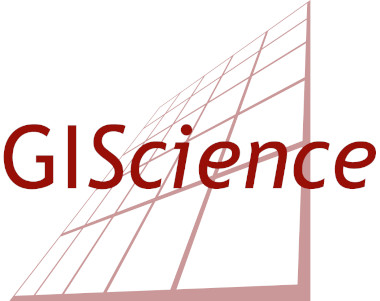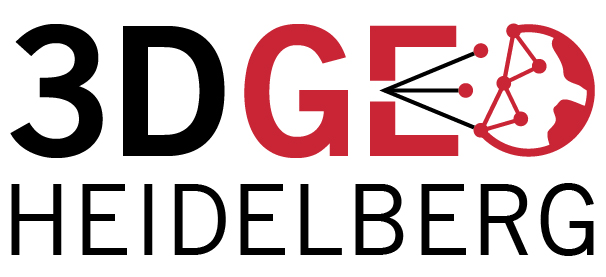The recent availability of user-generated geographic datasets allows gaining novel insights into otherwise hardly observable societal phenomena. Geosocial media forms one important source of user-generated information, which partly describes the everyday lives of people. The analysis of these kinds of data, however, requires new approaches. Geosocial media data—like those extracted from Twitter, Flickr, Instagram, and others—differ from established sources in that they are largely inherently platial in nature. People provide their own subjective opinions or perceptions, and taken together these represent the digital social imagination of places. Crisp and objective geographic data primitives like points, lines or polygons are not necessarily the preferable units for analysing these kinds of information. Platial analysis approaches are thus needed to fully exploit the potential of geosocial media and related data. Yet, while human geographers and social scientists have been theorizing on the concept of place since a long time, and despite of invocations by leading GIScience researchers, we are still lacking a universal theory on the formalization of places and how to make them available to quantitative and other GIS-related analysis strategies. Partly, this lack has been due to the insufficient availability of platial data, but the appearance of geosocial media might change this condition. It is therefore time to rethink our geographical analysis strategies with a focus on “place” instead of “space”.
We accept short paper submissions of 3,000 words / 7 pages maximum length. All accepted short papers will be published with CEUR-WS, a community-driven publication outlet for workshop and conference proceedings from computer science and information systems. We further invite authors to extend their short paper contributions to long papers, which could then be submitted to an adjoint special issue to be published in Transactions in GIS after the workshop.
For more information check out http://platial18.platialscience.net. Stay tuned on Twitter: #platial18.
Important Dates
| 1 June 2018: | Call for short papers opens |
| 1 June 2018: | Registration opens |
| 8 July 2018: | Submission deadline for short papers |
| 19 August 2018: | Camera-ready papers are due |
| 16 September 2018: | Papers are available online |
| 21 September 2018: | VGIscience PLATIAL’18 workshop |



